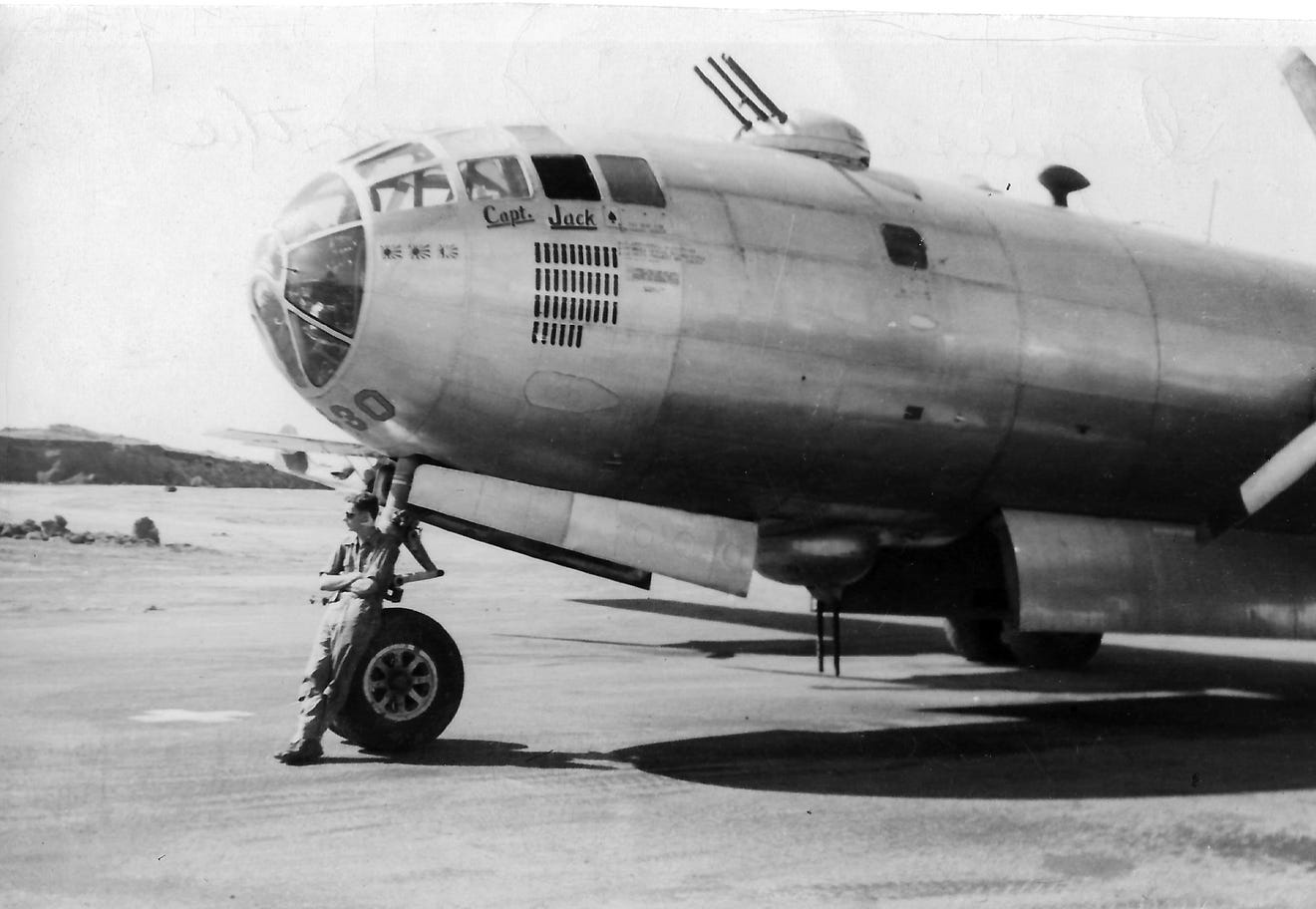In the quiet town of Jefferson, Wisconsin, December 7, 1941 started off like any other. 15-year-old Don Nass was playing ping-pong with five of his friends, one of his estimated 3,000 games with the gang. Suddenly, his father summoned them to the living room radio, and somehow they all knew life would never be the same. 79 years ago Monday, on what President Roosevelt called "a date which will live in infamy," Japan launched a surprise attack on the US Navy base at Pear Harbor, Hawaii. After years of sitting on the sidelines of World War II, the United States suddenly sprang into action. As people across the nation lined up to enlist, over 16 million Americans would serve in the US armed forces during the next four years. Don Nass and his ping-pong posse all signed up as soon as they were eligible. When Nass turned 18, he joined the Air Force. He would serve as a top gunner in a B-29 Superfortress, the same type of plane used to deploy the nuclear bombs on Hiroshima and Nagasaki at the conclusion of the Pacific Ocean theater in 1945. Nass would need every bit of his ping-pong sharpened reflexes to protect the lumbering bomber from the incessant waves of enemy aircraft. Stationed in Guam, Nass flew in heavy combat numerous times, including the battle of Iwo Jima. More than once his plane would limp home on two of its four engines, the fuselage riddled with flak and bullet holes. After a mission to Tokyo, Nass wrote to his parents, "God surely piloted us through that wall of flak. Our B-29 looked like a sieve when we got back." Nass made it back to his home in Jefferson, Wisconsin. Miraculously, so too did all five of his table tennis tribe. Nass, the last of the bunch to return home, was greeted at his doorstep by the whole bunch, just like the Sunday morning in 1941 which changed their lives forever.
More at The Milwaukee Journal Sentinel
